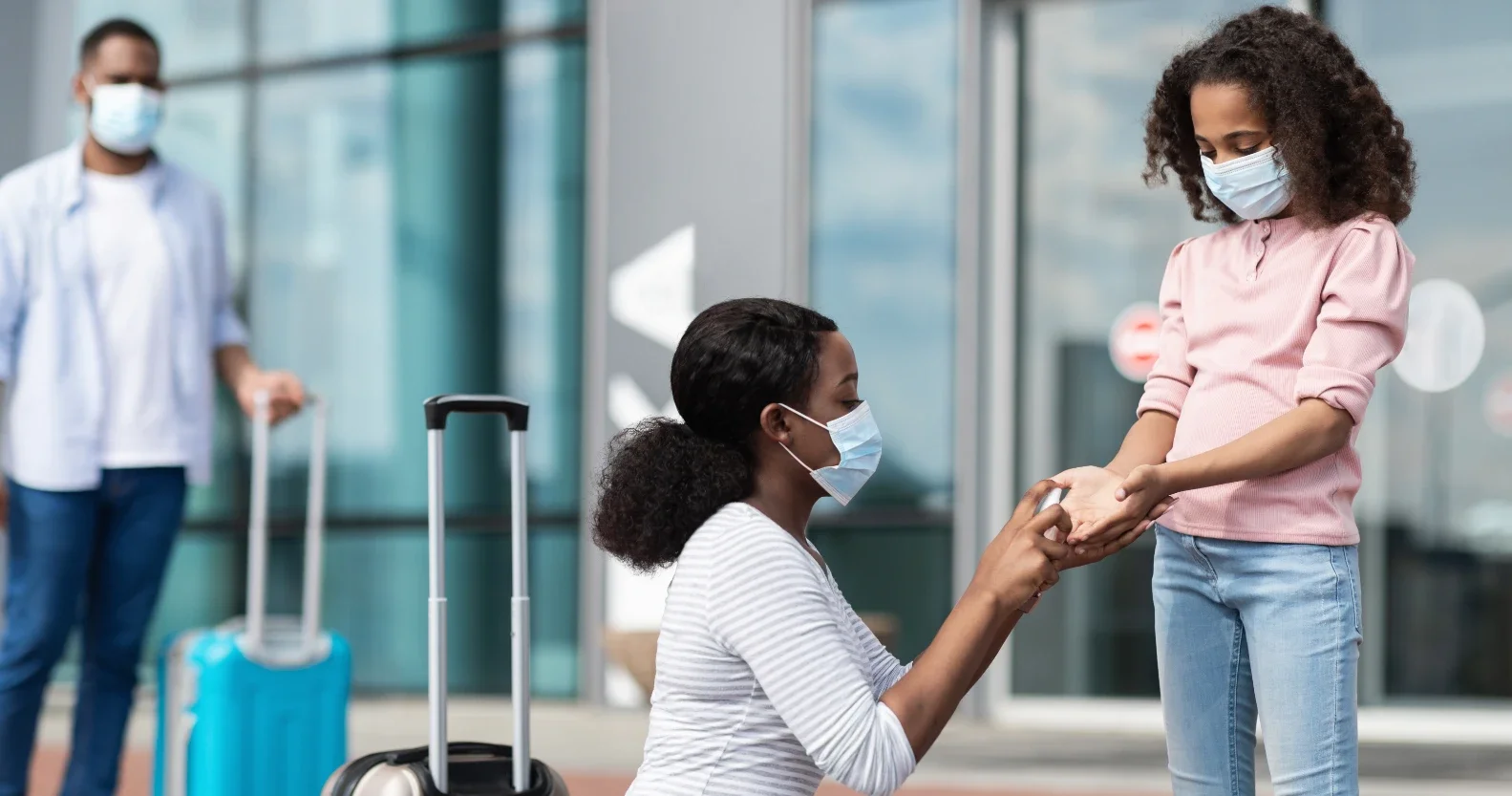Short answer: for us in the UK, there does not seem to be anything to be particularly concerned about at the moment. The uptick in respiratory illness does not seem to be related to any new virus or other organism.
Follow the same best practices as always such as washing your hands frequently, covering your nose and mouth when coughing or sneezing, and staying at home when you feel unwell. These will go a long way towards controlling all respiratory infections including pneumonia.
When should I be worried?
If you have any concerns about any symptoms or any other symptoms that you or your child may be having, you should discuss these with a clinician. It is particularly important to seek further advice if you or your child have:
Severe symptoms - including problems with breathing, chest pain, or very sleepy
Worsening symptoms - if things are getting worse, or not improving with simple home care
Other medical problems or risk factors. Young children, the elderly or those with underlying health conditions should seek advice early even if symptoms are mild.
For more information on the symptoms of pneumonia see this page on the NHS website. Register now with eMed to talk to a clinician right away.
So what is the “pneumonia outbreak" in China? And why are people worried?
There have been a number of reports recently of an outbreak of respiratory illness in children across China, the US and parts of Europe. Given our recent experience with COVID-19, and scary-sounding names in the news like “white lung syndrome” and “mystery pneumonia”, it is easy to see why these reports could cause anxiety, particularly for parents.
What is causing these mysterious outbreaks?
They do not seem to be related to any new virus or other organism. Tests have shown that these symptoms are being caused by common winter viruses and bacterial infections such as RSV and Mycoplasma. These are both very common in children, particularly during the winter months, and usually do not result in significant symptoms.
So why is this a particular problem right now?
This is the first winter that China has experienced since coming out of pandemic restrictions that were amongst the strictest in the world. Reduced social interactions, mask-wearing and enhanced infection control procedures had an effect on reducing COVID-19 infections but also had the same effect on normal winter bugs. As a result, the natural immunity in the population has reduced. We saw similar in other countries, including the UK, last winter when respiratory infections were at much higher levels. A similar picture is undoubtedly leading to some of the increased cases that are being seen this year.
Antibiotic resistance seems to also be playing a role. While for pneumonia, antibiotics are often given for treatment they are not required for the majority of winter respiratory infections. However, at a time when infections are becoming more common, such as is happening in areas of China, there is a tendency for antibiotics to be prescribed much more readily. This over-prescription leads to resistance, and the antibiotics not being as effective when they are needed to manage more severe cases.
Is pneumonia contagious?
Pneumonia itself actually refers to swelling (inflammation) of the tissue in one or both lungs. It can be caused by breathing in toxins for example (known as chemical pneumonia). However, it is usually caused by an infection (such as bacteria or viruses) which are contagious.

